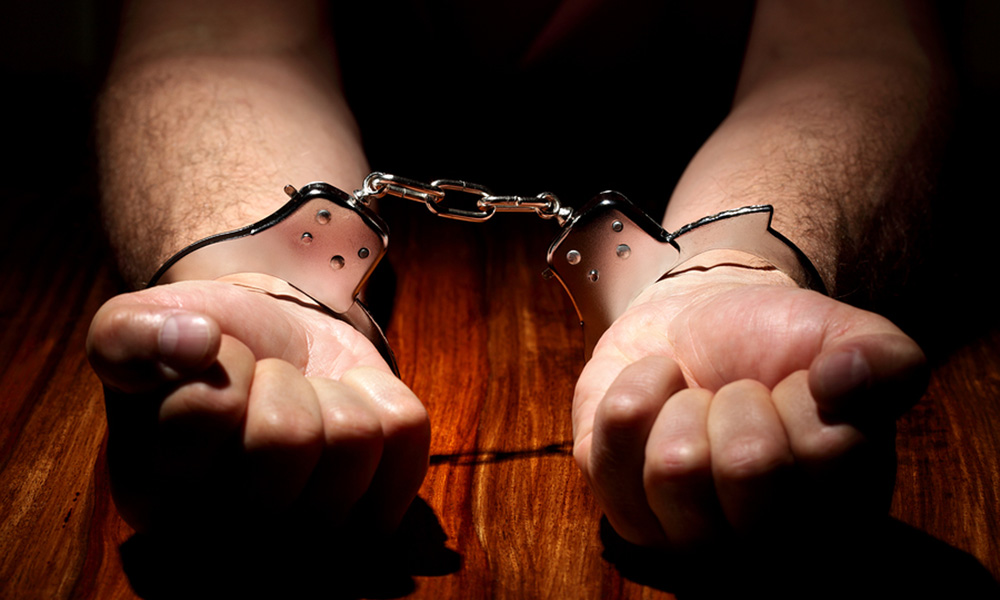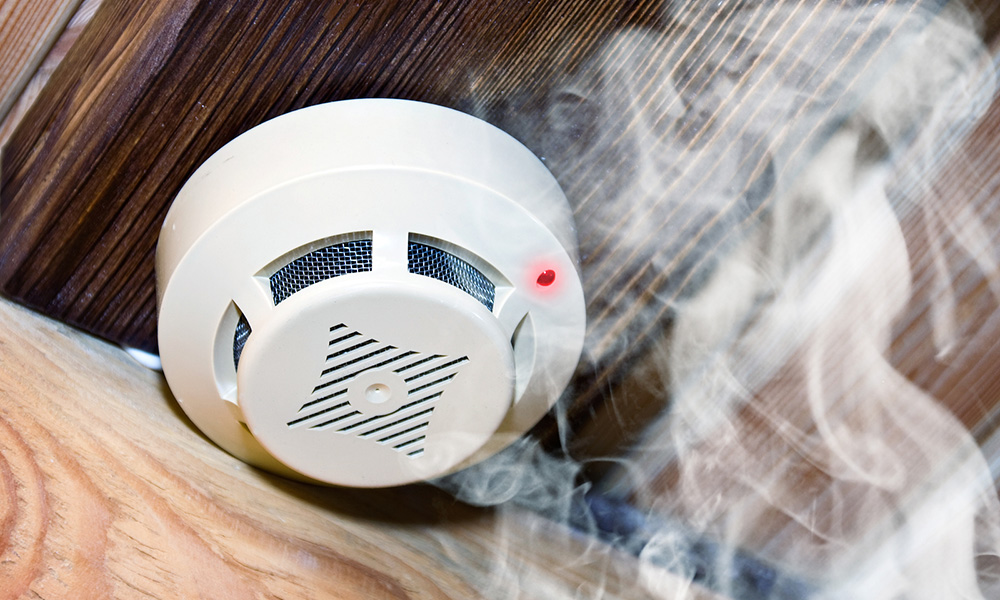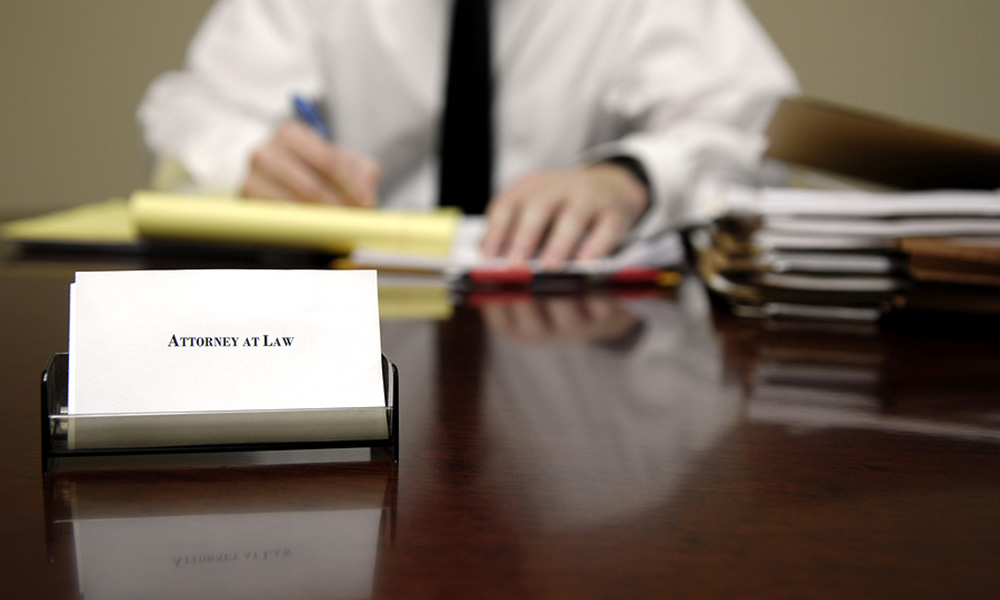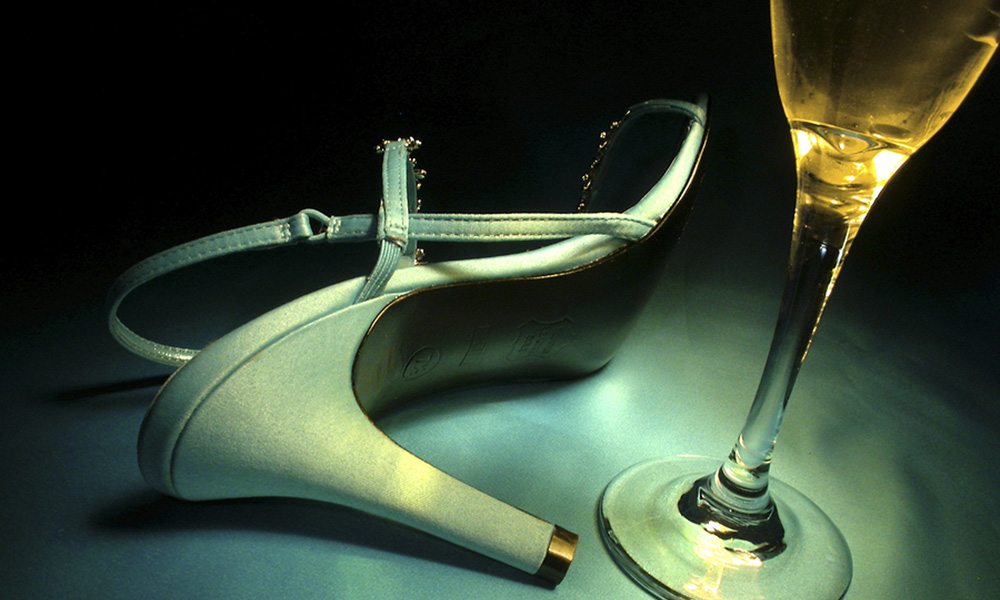In New York, criminal defendants generally have the right not to have to prove their innocence, because it is the job of the prosecutor to prove guilt beyond a reasonable doubt. It is never the defendant’s job to provide evidence against him or herself. Knowing this, it is in a suspect’s best interests to remain silent in the face of police questioning, and to wait until legal counsel has been retained before making any comments or answering any questions about the allegations under investigation.
This Extends Beyond the Police
In addition to refusing to answer questions from police regarding an open investigation, criminal suspects should refrain from discussing the incidents with friends, family, coworkers, and anyone who is not their criminal defense attorney. Not only can circulating information about a case spread rumors like wild fire, but anyone that the criminal suspect confides in may be called to testify against the suspect as to the information that was shared. Instead of mulling over pending charges for whatever the alleged offense was, criminal suspects who are released from police custody prior to trial are advised to try to get back to normal, to let an attorney handle the courts, and to spend time with loved ones.
This is also true of anyone else involved in the case. Even though it may seem okay to discuss the facts of a case with someone who was there, even if that other person was the victim, this is never okay and, in some cases, may even lead to additional charges. Criminal suspects are advised to never attempt to contact the victims, witnesses, or fellow suspects of a case while it is still going through the courts. This may be perceived as victim / witness intimidation (a crime in New York), and lead to additional criminal charges that the suspect will have to deal with.
Finding a Criminal Defense Attorney
Let’s say you’ve been charged with a serious criminal offense, something like armed robbery, rape, or child abuse, and you’re seeking a criminal defense attorney. The first attorney that you speak with tells you that your defense is unlikely to be successful if your case goes to trial; he or she suggests that your best option is a plea agreement leading to a reduced sentence. This first defense attorney offers to take your case for a relatively low fee, maybe $1,000. But you don’t want a conviction even on a lower charge, and you don’t want to face any kind of sentencing, even a relatively insubstantial sentence.
The second criminal defense attorney you speak with offers you a completely different scenario. This second attorney believes you can prevail at trial, offers to help you line up evidence and witnesses, and promises to provide you with a vigorous defense. The second attorney also has a fee of $5,000. Assuming you are an average working person with an average working person’s income, which attorney would you choose?
People who believe in their hearts that they are innocent overwhelmingly tend to choose the second attorney, pay the higher fee, and go to trial. Most Americans are unwilling “on principle” to plead guilty to any crime, no matter how minor, when they believe they are innocent. Additionally, Americans tend, consciously or subconsciously, to consider anyone who “undersells” services to be cheap and probably incompetent. Add to this that the first attorney is offering an “unsatisfactory” result, and the second attorney will almost always be the choice.
That’s unfortunate. The first attorney has offered our hypothetical defendant honest, realistic advice at a fair price. What the second attorney has offered may be pie-in-the-sky at a more exorbitant cost. What’s an accused person to do?
There’s no magic answer to this dilemma, but you can take several smart steps. First, be realistic with yourself. Even if you believe yourself to be innocent, what story does the evidence tell others? Your innocence may not be so clear and apparent to others. Secondly, talk with more than two attorneys; five or six is not too many. This will give you a better and broader perspective on your situation. Thirdly, if you are charged with any criminal offense, find a criminal defense attorney you really, personally trust. Ask your family and friends for referrals and recommendations. Find an experienced criminal defense attorney with a good reputation and roots in your community.
Your time, your money, and your freedom are among your most valuable assets, so be cautious. You don’t have to hire the first attorney you consult, or the second. If you’re facing any serious criminal charge, you’ll need to find the most qualified and experienced defense attorney available. But don’t delay; to give you the best possible advice and defense, a good criminal defense lawyer will need some time to assess your case. If you face a criminal charge, start your search for a good criminal defense lawyer immediately.
Additional Stress is Never Worth It
Despite the fact that New York citizens have the right to represent their own legal interests and serve as their own attorneys, this tactic is hardly ever advised. In the rare instances where it may be advisable, it would be because the suspect also happens to have a background in criminal defense and criminal litigation – but even attorneys hire other attorneys when they need to respond to criminal allegations. Unless a suspect has this kind of experience, it is advised that they contact a professional New York criminal defense attorney to ensure they have the best chance possible of responding to and beating, or at least substantially reducing, criminal consequences.
If they were to decide to act as their own legal counsel, criminal suspects would be placed under a considerable amount of stress. Having to juggle the burden of crafting a competent legal defense while trying to manage all of the commitments of personal life is something that many will find frustrating and barely worth the trouble.
Instead of putting oneself under the stress of trying to defend against criminal charges, criminal suspects are advised to let a criminal defense attorney do the job of defending against charges. The experience, professional resources, and dedication to professionalism that attorneys offer their clients will be very valuable in helping them deal with the courts.
Will You Have to Testify?
The Fifth Amendment to the United States Constitution guarantees that a defendant accused of a crime does not have to take the witness stand in his or her own trial. When defendants exercise that option, judges explain to jurors that not testifying is not an admission of guilt. Nevertheless, in the minds of jurors and observers, failure to testify is often perceived as a strategy of the guilty. If I were on trial, many people think, I’d certainly want the chance to tell my side of the story.
The truth is that many defendants do want to speak for themselves, but their attorneys often advise against it. If the judge (or the defense) has allowed a prior conviction to become an item in the case, a prosecutor is likely to focus attention on that prior conviction during the cross-examination. A second reason a client might not take the stand is simply if he or she is a weak public speaker.
If a defendant seems nervous (and of course a defendant is going to seem nervous in most cases), jurors may unfairly equate nervousness with guilt. And if a defendant has a short fuse, his or her defense attorney will strongly discourage the defendant from testifying. The world is full of angry people, and most of them aren’t criminals, but losing your temper on the witness stand is almost a guaranteed ticket to prison.
A good criminal defense lawyer has the experience to know when a defendant should or should not testify. If you – rightly or wrongly – have been charged with a crime in the state of New York, speak with an experienced criminal defense attorney immediately. A good criminal defense lawyer will work diligently to defend you and will give you the advice you need. Moreover, an experienced criminal defense attorney is the only person qualified to advise you and to guide you through the legal procedures you’ll face. Don’t delay; if you’re charged with a serious crime, find a good criminal defense lawyer immediately.















